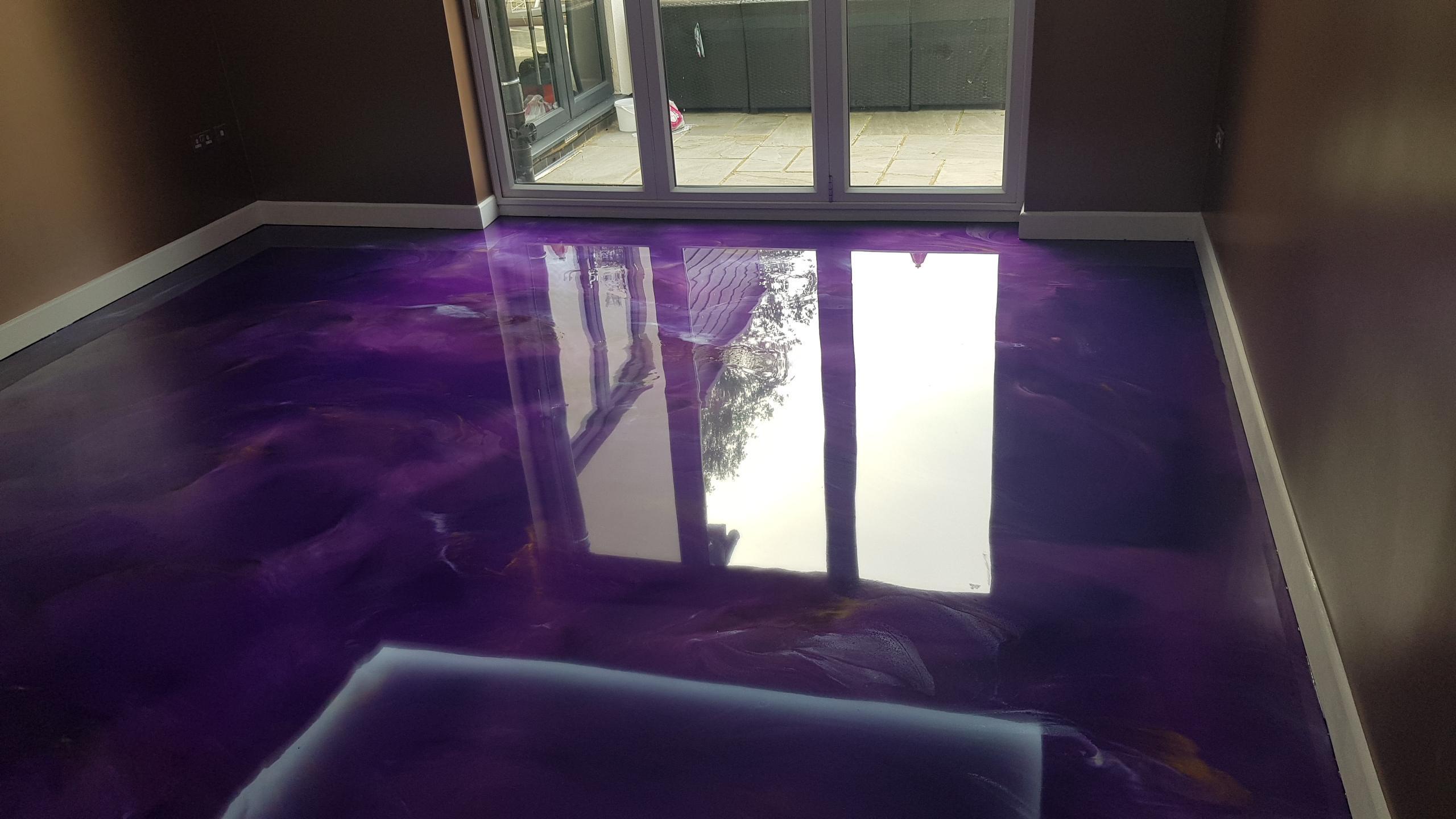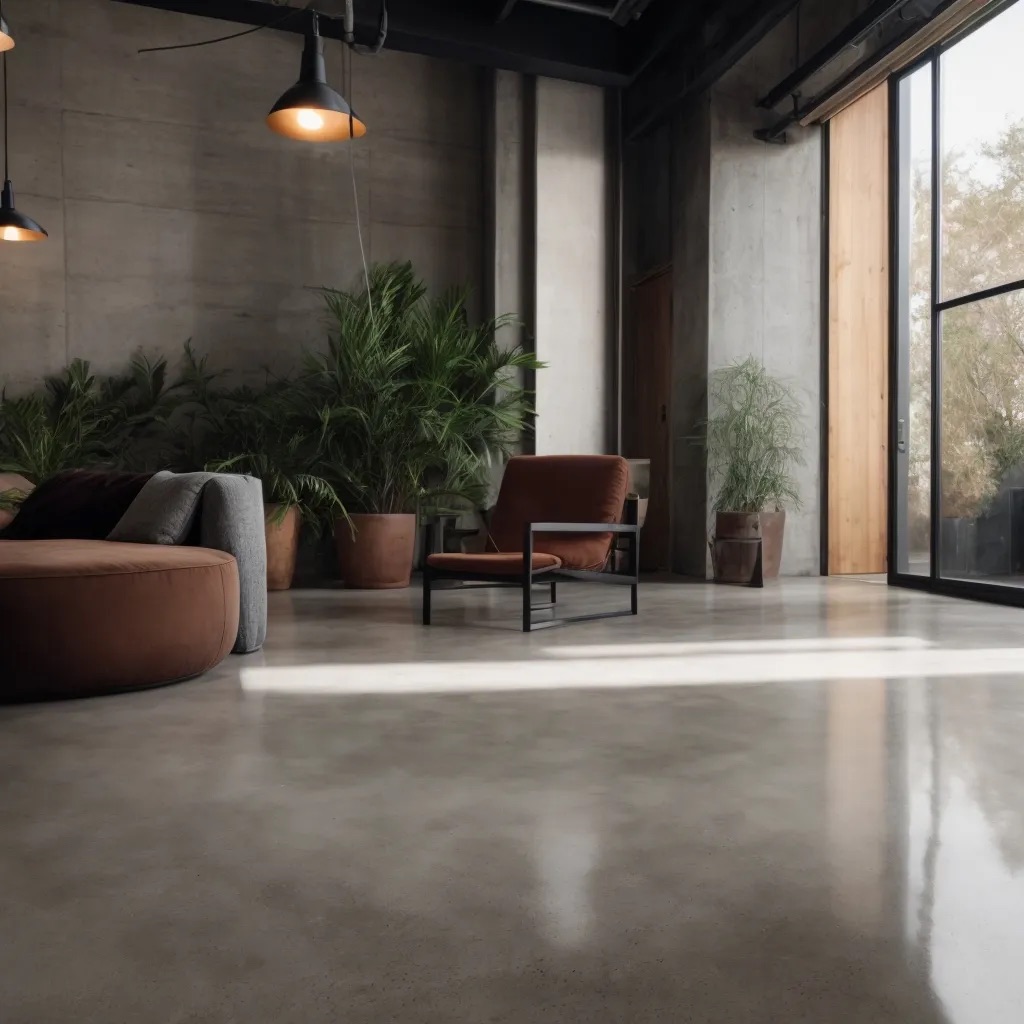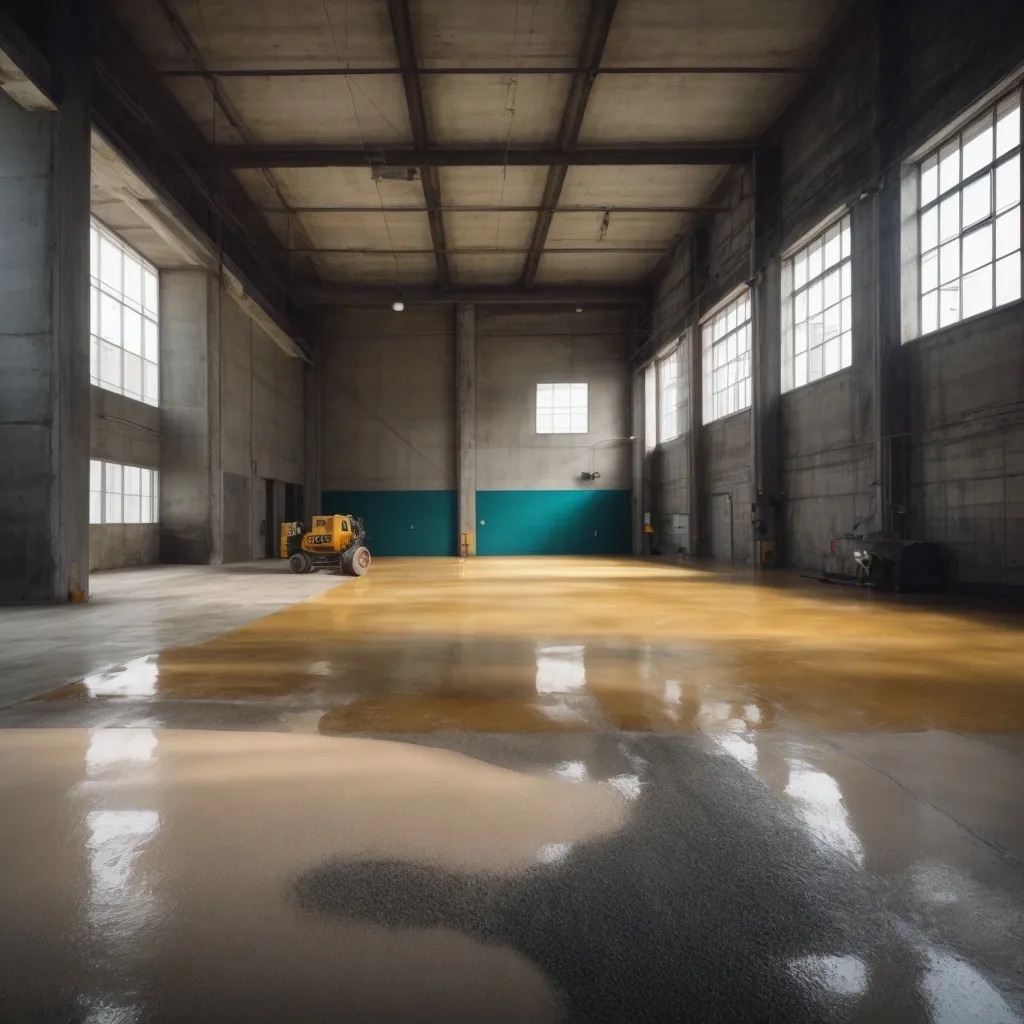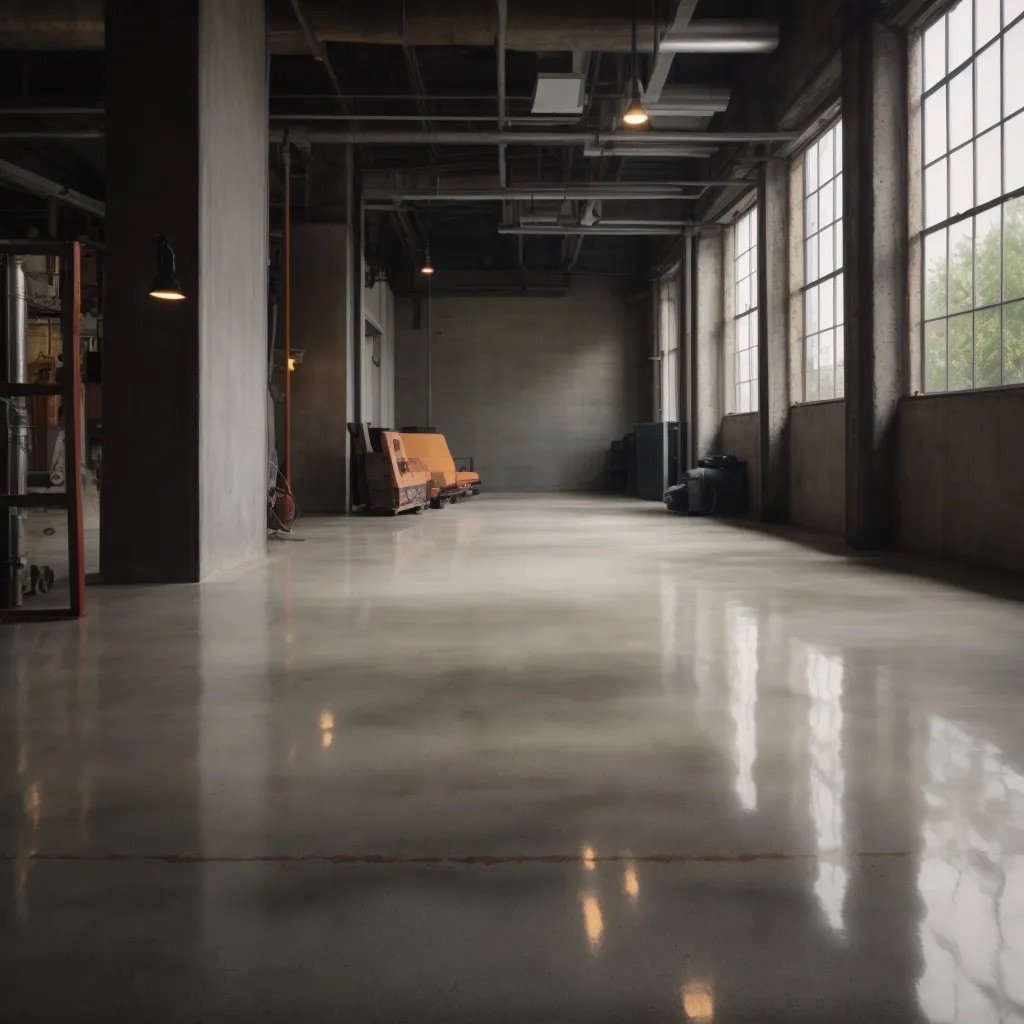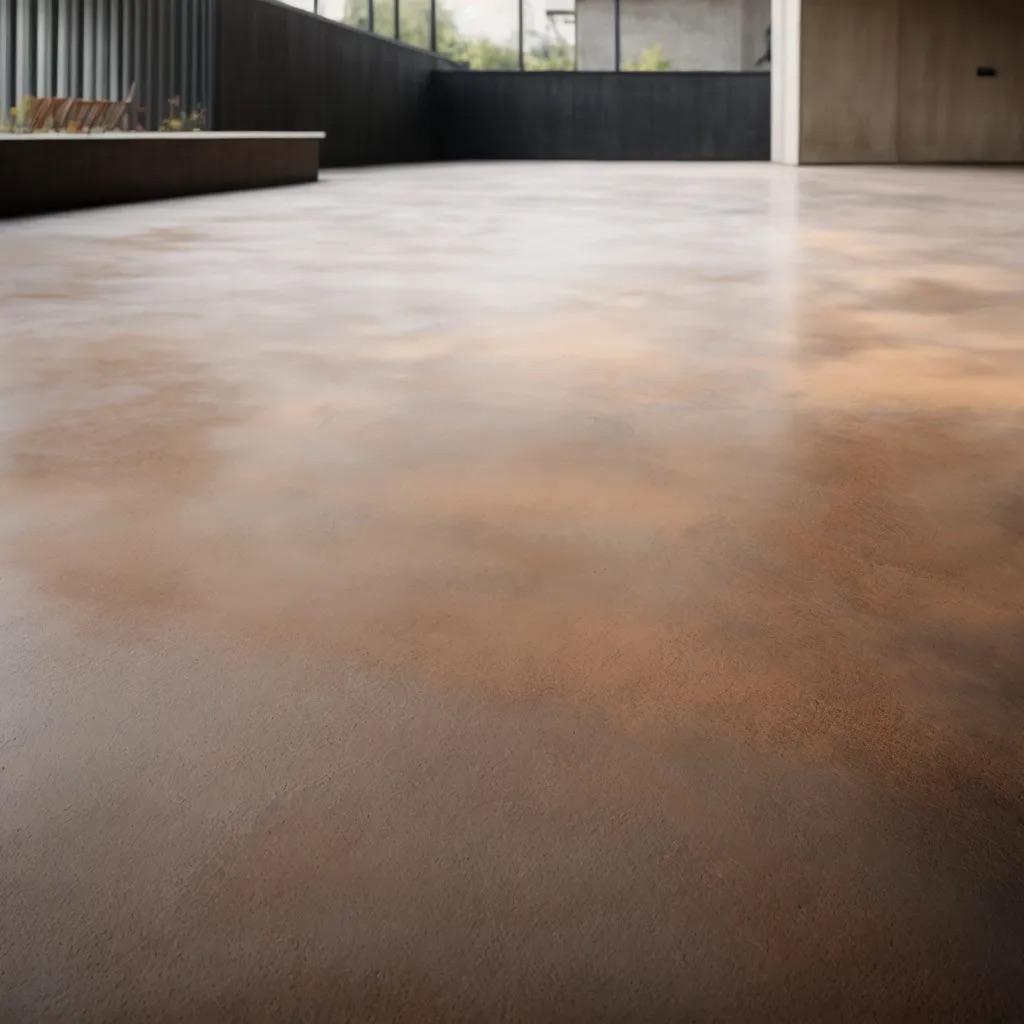Epoxy flooring has gained immense popularity in recent years due to its exceptional durability, aesthetics, and versatility. This type of flooring is commonly used in residential, commercial, and industrial spaces, offering a wide range of benefits over traditional flooring options. If you’re considering epoxy flooring for your project, this comprehensive guide will provide you with all the information you need to make an informed decision.
Understanding Epoxy Flooring
Epoxy flooring is a type of surface coating that is created by mixing epoxy resin with a hardener. This chemical reaction forms a rigid, plastic-like material that bonds tightly to the prepared surface. The resulting floor is highly durable, resistant to chemicals, easy to clean, and visually appealing.
Basic Properties of Epoxy Flooring
Epoxy flooring possesses several key properties that make it an ideal choice for various applications:
Durability: Epoxy floors are known for their exceptional durability and longevity. They can withstand heavy foot traffic, impact, and abrasion, making them suitable for high-traffic areas such as warehouses, garages, and industrial facilities.
Chemical Resistance: Epoxy flooring is highly resistant to chemicals, including oils, solvents, acids, and alkalis. This property makes it an excellent choice for commercial and industrial spaces where spills and chemical exposure are common.
Versatility: Epoxy flooring can be customized to suit different aesthetic preferences. It is available in a wide range of colors, finishes, and patterns, allowing you to create a unique and visually appealing floor that complements your space.
Applications of Epoxy Flooring
Epoxy flooring is widely used in various settings due to its versatility and durability. Some common applications of epoxy flooring include:
Residential Applications
In residential settings, epoxy flooring can be used in:
Garages: Epoxy floors provide a durable and attractive surface for garage floors. They are resistant to tire marks, oil stains, and hot tire pickup, making them a popular choice for homeowners.
Basements: Epoxy flooring can transform dull and unfinished basements into functional and stylish living spaces. It helps to protect against moisture, mold, and mildew while providing an easy-to-clean surface.
Living Areas: Epoxy floors can be used in living areas, kitchens, and bathrooms to create a seamless, stain-resistant, and low-maintenance surface.
Commercial and Industrial Applications
Epoxy flooring finds extensive use in commercial and industrial settings due to its durability and chemical resistance. Some common applications include:
Retail Stores: Epoxy floors can enhance the aesthetics of retail spaces, providing a durable surface that can withstand heavy foot traffic and spills.
Warehouses: Epoxy flooring is a popular choice for warehouses due to its ability to withstand heavy loads, forklift traffic, and chemical spills. It also helps improve visibility and reflectivity in the space.
Manufacturing Facilities: Epoxy floors are commonly used in manufacturing facilities, where they provide a smooth, durable, and hygienic surface. They can be customized to meet the specific needs of different industries, such as anti-slip properties or resistance to high temperatures.
Choosing the Right Epoxy Flooring
When selecting epoxy flooring for your project, there are several factors to consider:
Purpose and Traffic Conditions
Determine the purpose of the space and the level of traffic it will experience. Different epoxy flooring systems are designed to handle varying levels of foot traffic, impact, and chemical exposure. For high-traffic areas, consider a thicker epoxy coating with added durability.
Aesthetic Requirements
Consider the desired look and feel of the space. Epoxy flooring is available in various colors, patterns, and finishes. Choose a flooring system that complements the overall aesthetic of the area while meeting your functional requirements.
Maintenance and Cleaning
Evaluate the maintenance needs of the flooring system. Some epoxy coatings may require periodic reapplication or special cleaning procedures. Choose a flooring option that aligns with your maintenance capabilities and preferences.
Installing Epoxy Flooring
Proper installation is crucial to ensure the longevity and performance of epoxy flooring. While it is possible to install epoxy flooring as a DIY project, it is recommended to hire professionals for larger or more complex installations. Here are some essential steps involved in the installation process:
Surface Preparation
Surface preparation is key to achieving a successful epoxy flooring installation. The surface must be clean, dry, and free from any contaminants, such as dust, grease, or old coatings. This typically involves a thorough cleaning, repairing cracks or defects, and possibly diamond grinding or shot blasting to create a rough surface for better adhesion.
Mixing and Applying Epoxy
Follow the manufacturer’s instructions to properly mix the epoxy resin and hardener. It is essential to achieve the correct ratio for optimal curing and performance. Apply the epoxy mixture evenly using rollers or squeegees, working in small sections to maintain control and ensure a uniform coat.
Additional Layers and Finishes
Depending on the desired outcome, additional layers or finishes may be applied. This can include multiple coats of epoxy, decorative chips or flakes, and a clear topcoat for added protection and shine. Each layer should be allowed to cure properly before applying the next.
Maintenance and Care
Proper maintenance is essential to maximize the lifespan and appearance of your epoxy flooring. Here are some tips to keep your epoxy floor looking its best:
Regular Cleaning: Sweep or vacuum the floor regularly to remove dirt and debris. Use a mop or soft-bristle broom with mild detergent to clean any spills or stains.
Avoid Harsh Chemicals: While epoxy flooring is highly chemical-resistant, it is still best to avoid using harsh chemicals or abrasive cleaners, as they can dull the surface over time.
Protect Against Scratches: Place door mats or rugs at entryways to minimize the potential for scratching from dirt or debris. Consider using furniture pads or coasters to protect against furniture scratches.
Epoxy flooring offers a durable, versatile, and aesthetically pleasing solution for residential, commercial, and industrial spaces. Understanding its properties, applications, and the factors involved in choosing and installing epoxy flooring is crucial to ensure a successful project. By following proper maintenance and care, your epoxy floor can maintain its beauty and functionality for years.
Key Takeaways:
- Epoxy flooring is a versatile and durable flooring option suitable for residential, commercial, and industrial spaces.
- Epoxy flooring is durable, chemical resistant, and versatile, making it an excellent choice for high-traffic areas and spaces exposed to chemicals.
- Epoxy flooring has various applications, including garages, basements, retail stores, warehouses, and manufacturing facilities.
- When choosing epoxy flooring, consider the purpose of the space, aesthetic requirements, and maintenance needs.
- Proper installation is crucial for the longevity and performance of epoxy flooring, and hiring professionals for larger or more complex projects is recommended.
- Surface preparation is essential for a successful epoxy flooring installation, including cleaning, repairing defects, and creating a rough surface for better adhesion.
- Follow manufacturer instructions for mixing and applying epoxy, and consider additional layers or finishes for desired outcomes.
- Maintain epoxy flooring by regular cleaning, avoiding harsh chemicals, and protecting against scratches from dirt, debris, and furniture.
- With proper maintenance and care, epoxy flooring can maintain its beauty and functionality for years to come.

